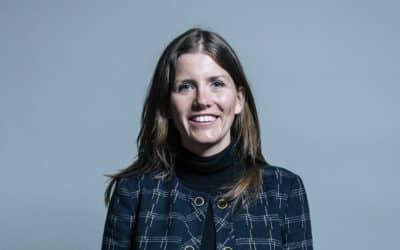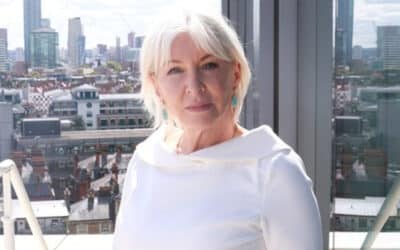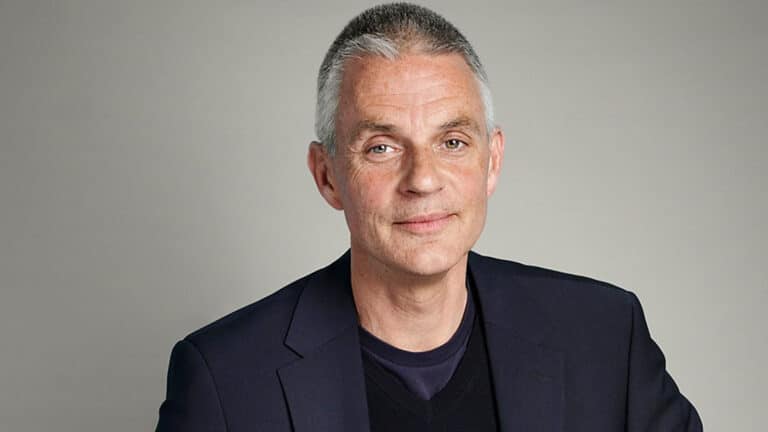Channel 4’s status as a state-owned broadcaster may remain, following news that it’s in discussions about new “funding models” with the Culture Secretary.
It comes as the BBC Director General says that linear viewing will soon become a thing of the past as all television goes digital.
Privatisation of Channel 4
Since the departure of Nadine Dorries as Culture Secretary, talk of privatising Channel 4 has quietened. Back in September, her successor, Michelle Donelan admitted that she would be “re-examining the business case” and she backed that up in her first appearance before the Digital, Culture, Media and Sport Committee.
“I’ve been looking at other options on sustainability and discussing those with Channel 4 as to how feasible they are.
“If we go down one of those roads we would need them to fully sign up and agree to that.”
The proposal put forward by Channel 4 was to become a digital first broadcaster. This outlined how it would sell its London headquarters and be based in Leeds.
Donelan did repeat concerns about how much of Channel 4’s income was derived from advertising on its linear channel:
“The problem was more with the long-term potential, because a great deal of their business model is based on linear advertising.”
BBC
Linear advertising may well be assigned to history, according to BBC Director-General, Tim Davie.
Speaking to the Royal Television Society, he explained that the future of British broadcasting beyond 2030 was likely to be online and that the BBC should be leading the way:
“Imagine a world that is internet only, where broadcast TV and radio are being switched off and choice is infinite. There’s still a lot of live linear viewing but it is all been delivered online.
“Far from decline, could we harness the possibilities of this interactive digital landscape to increase public value and stimulate the UK media market? What would it actually take to deliver that?
“I think there are four choices that we need to make to give us a real chance of achieving success for the UK. They need urgent action. Namely:
“Should we, as the UK, own a move to an internet future with greater urgency?
“Should we transform the BBC faster to have a clear, market leading role in the digital age?
“Should we proactively invest in the BBC brand as a global leader?
“Should we move faster in regulating for future success?
“Of course the answer to these choices is yes.”
He also explained how he thought the BBC should “inform, educate and entertain” in 2030.
“The answer must be to differentiate and not copy,” he said.
“The BBC will focus its effort on the following in the digital world:
“Nurturing an informed society through impartial, trusted news and information. Inspiring and supporting people of all ages with trusted knowledge and training. Engaging audiences with high-quality local British creativity from across the UK.
“Over time this will mean fewer linear broadcast services and a more tailored joined up online offer. As examples, we will double down on the latest work in News on disinformation, or accelerate the drive to ensure that Network drama is sourced from across the UK which differentiates us from others.
“We believe that if we drive this transition successfully we can deliver universality despite a world of intense competition.
“We will achieve this not by creating derivative or niche content but ensuring maximum relevance of our core output.”
He added:
“We are working on how an IP BBC could be the best version of the BBC shaped around people’s interests and needs. A daily partner to your life, bringing the BBC together in a single offer with personalised combinations. A world in which local news, areas of interest and hidden gems can be found more easily.”
During the speech, Davie also pointed to how the BBC had been a catalyst for growth at MediaCity, with the number of creative businesses in Salford growing “70%” since it moved to the area in 2010.












